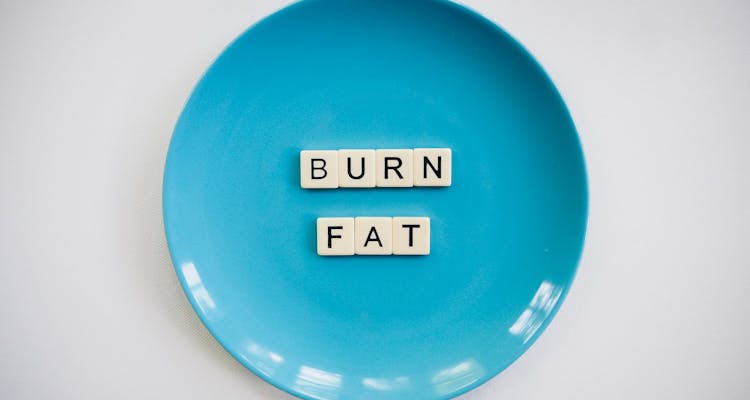Losing weight and losing fat are not the same. There are 3 major differences, and we are going to talk about them in this article.
Many people claim they want to lose weight, whereas, in reality, they want to lose their body fat. Now, initially the terms “losing weight” and “losing fat” might look similar, they are not. There are some significant differences between these two terms. Most people are unaware of these differences, and use the two terms for the same issue.
But for a better in-depth analysis of these two terms, let us find out what it means.
Contents
What Does Losing Weight Mean?
Losing weight means losing or reducing your overall body mass. Your body’s total mass comprises your muscle mass, total body fat, bone mass, and water and blood content of your body, etc.
The total weight of all the components of your body is the weight of your body. And your body’s weight will reduce if even one of them gets reduced.
What Does Losing Fat Mean?
Losing fat, as the name suggests, is to lose the fats or the lipids of your body. And losing fat means only reducing the fat, not any other component such as water or, muscle mass, etc.
The Difference Between Losing Weight And Losing Fat
If you are wondering about Fat Loss vs Weight Loss: What Is The Real Difference? Then we must look at the major components in our body that are muscle, liquid (water & blood), and fat.
Now let us elaborately discuss these subjects and how they impact losing weight and fat.
1. Fats
Now onto the first component, fats. Fats are the total quantity of lipids in your body. The higher your lipid count, the more fat you have in your body.
Most people confuse losing fat with losing muscles because fat and muscles weigh almost the same. One-pound muscle has about the same density as one-pound fat. So people get confused about which one they are losing.
As mentioned before they have similar densities, but are completely different. Because fat consists of lipids and muscles are made with proteins. So losing fat is also a part of losing weight, and the most ideal way to do so because fat is harmful to the body, and losing this component will keep the body healthy.
Therefore, losing fat is a more specific weight loss procedure where you focus on reducing fat to reduce your body weight.
So we can understand that losing fat is losing weight, but losing weight does not always result in losing fat.
2. Muscle Mass
Muscle mass means the total muscle of our body. This includes the muscles in our arms, legs, necks, heart, and everything made with muscles. We can gain or lose muscles in quite a few ways.
For example, if you strain your muscles regularly and work out in a daily routine, you will gain more muscle, thus increasing your total muscle mass. However, if the opposite occurs, and you do not do any sort of workout or your muscles remain idle for a long time, you lose muscle.
If you lose muscle, you will also reduce your body weight, but not the fat content. If you want to lose weight, you can do so by losing muscle mass, but this is not the ideal way for weight loss. As your energy, stamina, and efficiency to work depends on your muscles this is not an ideal option, and with reduced muscle mass you will feel extremely weak and fragile.
3. Liquids (Water And Blood)
The liquids in your body include the weight of the water and blood in your body. 70% of your body’s weight consists of blood and water, and it is easy to understand how big of an impact it has on your total body weight.
So losing weight by reducing the amount of water your body holds can be a great method. And the best way to do so is by reducing the consumption of carbohydrate-based foods. Carbs can hold a large quantity of water, so by eating foods with fewer carbs, your body will not be holding too much water.
From this, we can also see that liquids have no impact on the total fat of the body. Therefore, by losing water the body will only lose weight and not fat.
How To Lose Weight And Fat
You can lose weight by reducing any one of the three components of your body.
To reduce muscle mass, stop straining your muscles. Staying idle will be enough to reduce your muscle mass. But once again, reducing weight by losing muscle mass is a bad idea.
To reduce the water in your body, you need to stop consuming foods with high carbohydrates.
And to lose fat, you need to have lipolysis, or breaking down fat in your body. This can be done by changing the food that you eat, doing regular workouts will significantly reduce the harmful fats in your body. So if you want to lose weight, losing fat should be the best way to do it.
Final Thoughts
Losing weight is reducing the total mass of your body and losing fat is a specific weight loss procedure. Though the purpose of these activities is the same, their method is not.
So if you want to gain the perfect body by reducing the extra weight, the right way to do so will be losing fat. Now that you have gone through this article, you will have a better understanding of the differences between losing weight and losing fat.






Comments are off this post!